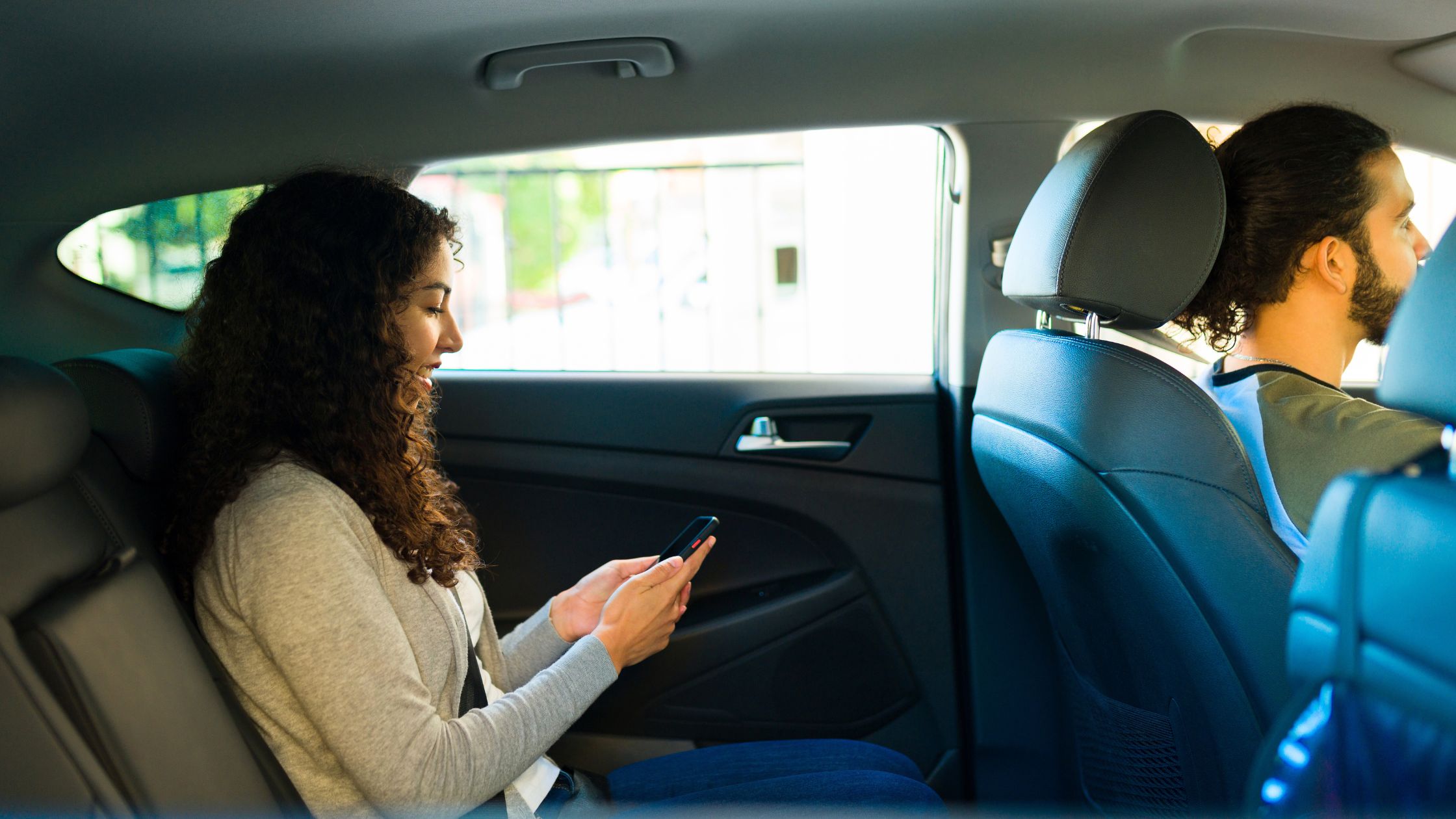
Rideshare Accident Claims and What You Need to Know
Ridesharing services like Uber and Lyft have transformed the way we travel, providing convenient transportation with just a few taps on a smartphone.
However, as the number of rideshare vehicles on the road increases, so do accidents involving these services. If you've been involved in a rideshare accident, it’s essential to understand your rights, the process for seeking compensation, and how PrimeCare Network can help you navigate this complex situation.
What Happens After a Rideshare Accident?
Accidents involving rideshare vehicles can be complicated, primarily due to the multiple parties involved—such as the rideshare driver, the company, and potentially other drivers. Here are the key factors to consider:
-
Insurance Coverage: Rideshare companies like Uber and Lyft provide varying levels of insurance coverage, depending on the phase of the ride. If the driver is logged into the app but hasn't accepted a ride, their personal insurance may apply. However, once they accept a ride and during the trip, rideshare companies generally offer a more comprehensive coverage. It’s crucial to determine which insurance policy is active at the time of the accident.
-
Liability: Establishing who is at fault is essential to filing a claim. In some cases, the rideshare driver may be at fault, but in others, the blame could fall on another driver, a cyclist, or even the rideshare company for failing to maintain safe operating standards for its drivers.
-
Injuries and Compensation: Whether you were a passenger, a rideshare driver, or an occupant of another vehicle, your rights to compensation may include medical bills, lost wages, and pain and suffering. However, the process of claiming these damages varies and may depend on the specifics of the insurance coverage in place during the accident.
Steps to Take After a Rideshare Accident
If you are involved in a rideshare accident, taking these steps can help protect your rights and increase your chances of receiving proper compensation:
-
Seek Medical Attention: Your health should be the priority. Even if you don't feel seriously injured, some injuries may not manifest immediately, so getting a medical checkup is crucial.
-
Document the Accident: Take photos of the accident scene, damage to vehicles, and any visible injuries. Also, collect contact information from the rideshare driver, other involved drivers, witnesses, and passengers.
-
Report the Incident: File a report with the rideshare company through their app. Both Uber and Lyft have dedicated processes for accident claims, which is a necessary step for accessing their insurance coverage.
-
Consult a Lawyer: Since rideshare accidents involve multiple parties and insurance providers, it’s wise to consult with an experienced personal injury attorney who understands the complexities of these cases. PrimeCare Network can guide you through this process, helping you get the compensation you deserve.
Insurance Complexities in Rideshare Accidents
One of the most confusing aspects of rideshare accidents is determining which insurance coverage applies. Here’s a breakdown:
- Period 0: The driver is offline, and their personal auto insurance is responsible.
- Period 1: The driver is logged into the app but hasn’t accepted a ride. During this phase, the rideshare company provides limited liability coverage.
- Period 2: The driver has accepted a ride but hasn't picked up the passenger. Both the driver’s personal insurance and the rideshare company’s coverage may be involved.
- Period 3: The passenger is in the vehicle. At this stage, the rideshare company’s full coverage, which can include up to $1 million in liability insurance, is typically in effect.
Understanding which "period" the accident occurred in is crucial to determining the next steps.
Common Injuries in Rideshare Accidents
Rideshare accidents can result in various injuries, some of which may take time to fully present themselves. These include:
- Whiplash and Neck Injuries: Sudden movements during a crash can cause severe strain on the neck and back, often leading to chronic pain.
- Head Injuries: These range from concussions to more severe traumatic brain injuries.
- Spinal Injuries: Accidents can cause damage to the spine, leading to long-term disabilities.
- Broken Bones and Fractures: Even minor crashes can result in broken bones, especially for passengers not expecting the impact.
- Soft Tissue Injuries: Damage to muscles, ligaments, and tendons can result in ongoing pain and physical limitations.
Getting medical attention as soon as possible is vital to documenting your injuries and ensuring you have the medical evidence to support your claim.
Filing a Rideshare Accident Claim
The process of filing a claim can be daunting due to the involvement of multiple insurance companies and the potential for disputes over liability. Here’s what to expect:
- Gather Documentation: You'll need a copy of the police report, medical records, and any documentation from the rideshare company about the accident.
- Contact the Rideshare Company’s Insurance: If the driver was active on the app, you'll need to file a claim with the company's insurer. In many cases, this process is initiated through the rideshare company itself.
- Work with an Attorney: Due to the complexity of these claims, having legal representation is essential. An attorney can negotiate with insurance companies on your behalf and ensure you receive the compensation you’re entitled to.
